Why we must produce more minerals in the United States
t’s highly likely that the smartphone in your hand was made in part by a child as young as six years old.
That’s a dramatic but accurate way to describe how Americans and other first-world, developed countries necessarily participate in the horror of child and slave labor by purchasing and using smartphones. Sound crazy? Yes. Sadly, it’s true. How can this be?
In today’s hyper-connected world, the demand for critical minerals and metals has reached record levels. Every modern convenience that we require needs them: electric vehicles, renewable energy, and yes, advanced electronics. Among these essential resources, cobalt stands out as a vital component, powering batteries that drive our modern lives. Unfortunately, most of the global cobalt production comes from the Democratic Republic of Congo, or DRC, where cobalt mines use slave labor, child labor, and have deplorable safety standards.
The time has more than come for the United States to lead the way in ensuring our energy and mineral needs are met in an ethical, environmentally sound way. Relying on brutal dictatorships that force children to work to meet our needs is not only immoral but it leaves our country at geopolitical risk and is unsustainable in the long term.
The best way to fix these problems is to take the reins and do the work ourselves. We have a way; we just need the will.
Then—and only then—we can all rest in good conscience, knowing our convenient way of life is not brought to us on the backs of children and at a detriment to our planet.
